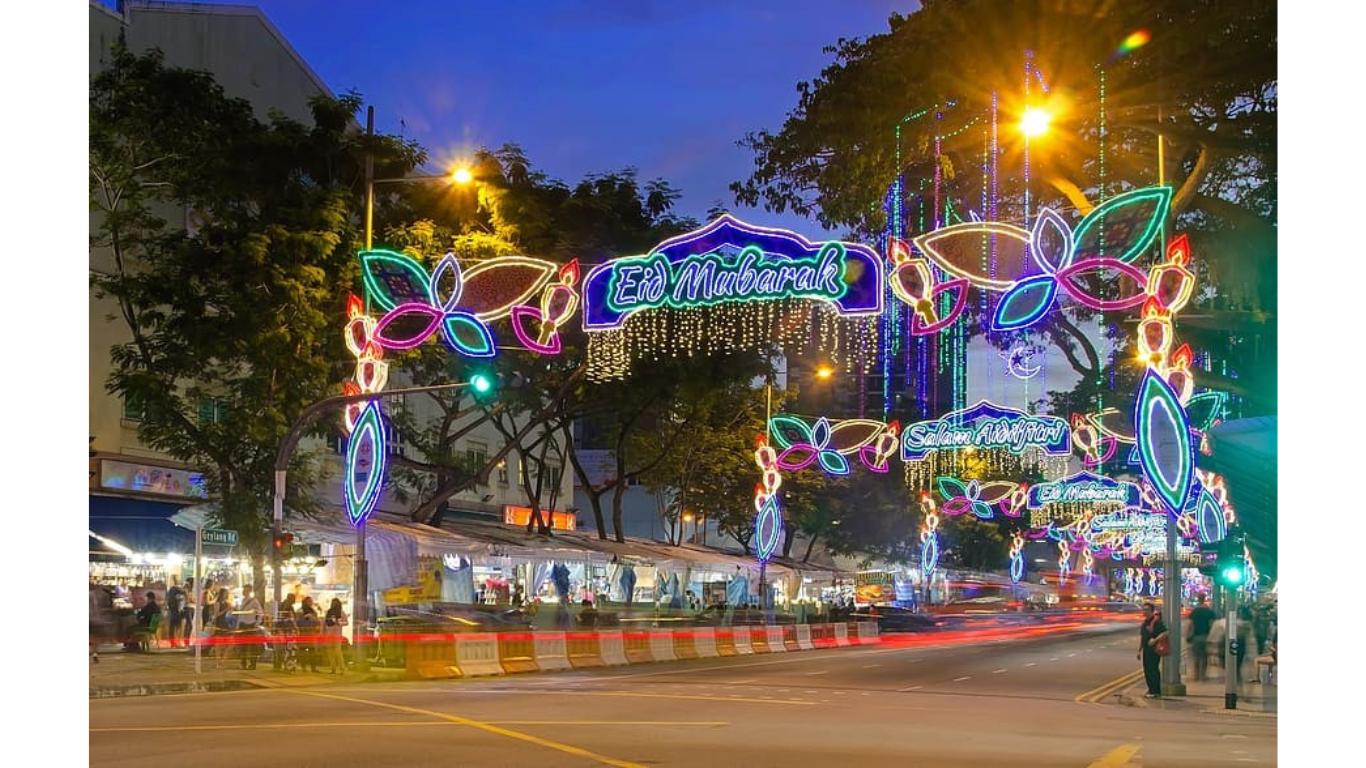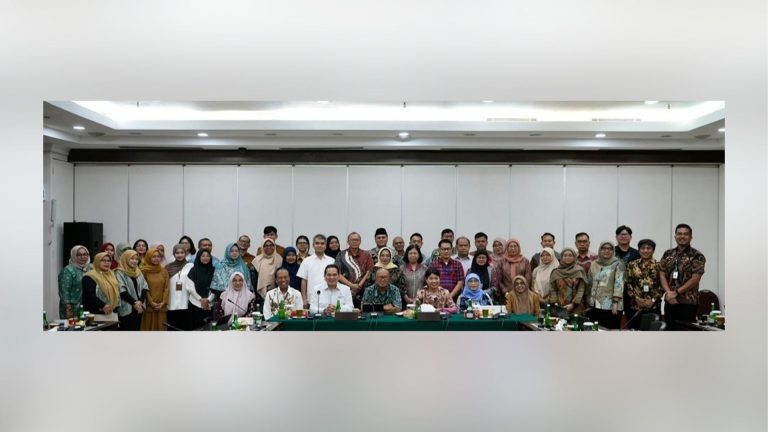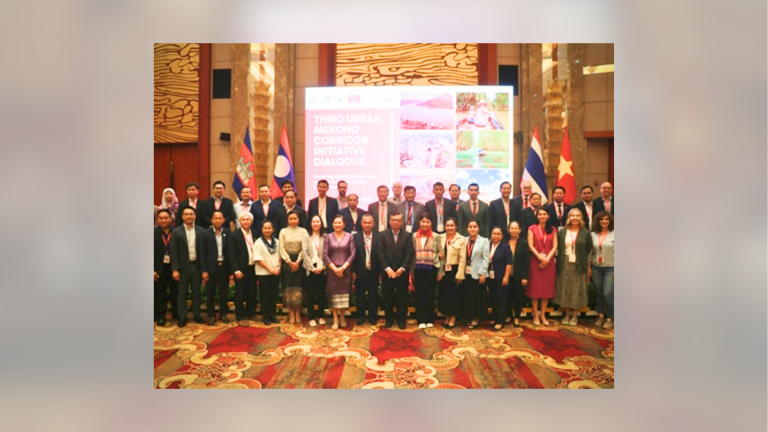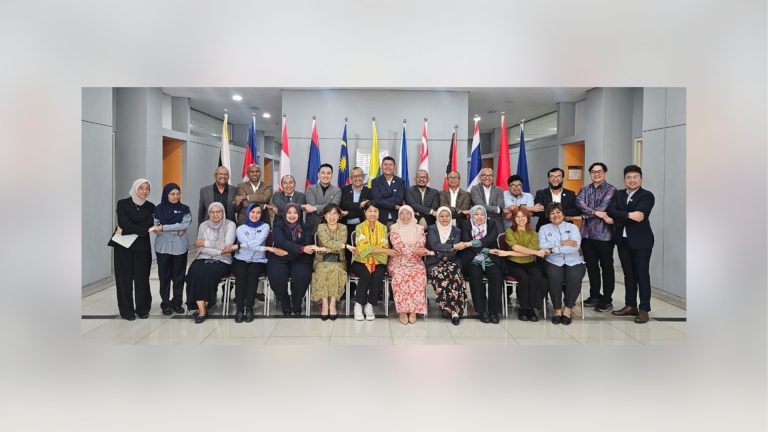Eid Al-Fitr, the end of Ramadan, the ninth month of the Islamic lunar calendar, is celebrated worldwide by Muslims all over the world. During the season, Muslims celebrate each other’s accomplishments and beg for forgiveness, bringing them closer together physically and spiritually. Prayers are said, ties between relatives are strengthened, and alms are given to the needy. Local traditions and cultural significance make the Eid celebration unique in each region, including in Southeast Asia.
In Malaysia, Eid, called Hari Raya Aidilfitri᾽ is celebrated through homecoming, known as “balik kampung.” Elders also give children presents or money. Similar to Malaysia, Eid, or “Lebaran” in Indonesia, also denotes a significant exodus as many Muslims return to their hometowns called “mudik.” They also eat special dishes like rendang (fiery meat dish) and ketupat (rice dumplings shaped like a diamond).
In Phuket, a province in southern Thailand where Malaysian migrants first settled, the Eid Al-Fitr festival is particularly well-known. Family and friends get together and celebrate with their best traditional attire, attend the festival, and take part in Eid prayers at the mosque.
The Cham Muslim community in Cambodia also holds a feast to mark the end of Ramadan. A long time ago, the tradition was brought to Cambodia from the ancient Champa kingdom (now Viet Nam). Cham families celebrated the end of Ramadan by visiting one another’s homes and sharing meals. People in the village visited anyone they chose, especially the less fortunate ones to donate some food or money.
After mosque prayers on the morning of Eid Al-Fitr, family members in Singapore ask their elders for forgiveness. Most families follow the custom of donning matching colors to represent unity. Besides, large decorations like “Selamat Hari Raya” cutouts, vibrant fairy string lights, ribbon ketupats, and crescent moon, are also common during the festival.
The government of the Philippines made Eid Al-Fitr a holiday to honor the nation’s Islamic heritage. It is customary for Muslim Filipinos to dress in new clothes, eat something sweet like a date on the way to the mosque, and say a brief prayer. Giving to the needy, sending Eid greetings, and sharing a meal with family are additional important aspects of the Eid celebrations in the Philippines.
In Brunei, large crowds assemble to light fireworks or carry lanterns. The noise is increased by transferred household appliances and drum strokes. The celebration lasts four days and becomes the most significant traditional festival of the year.











